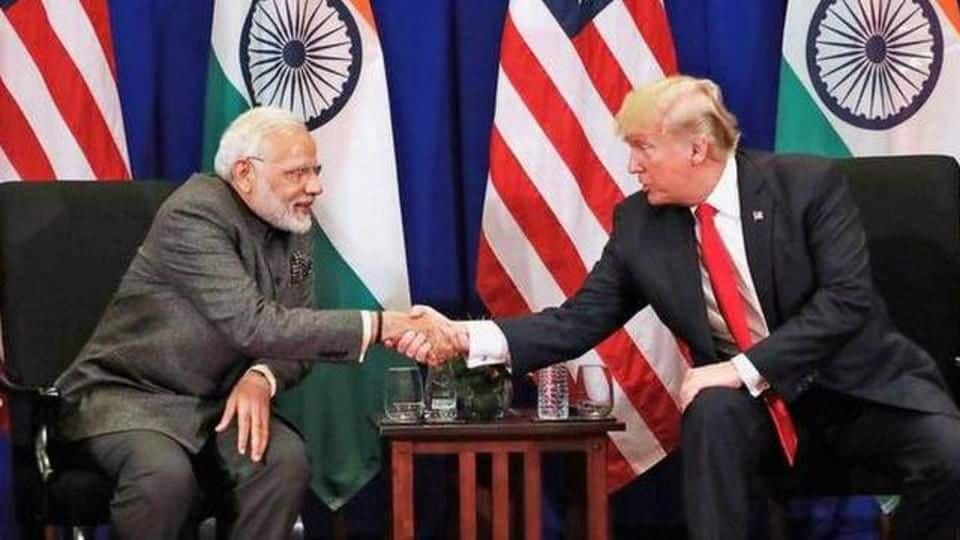
US, India to discuss action against Hafiz Saeed
What's the story
Plans to check Pakistan-based Lashkar-e-Taiba (LeT) and its chief Hafiz Saeed is high on the agenda as Indian and US officials prepare for three-day discussions starting later this week. The US has been turning up the heat on Pakistan to act against home-grown terror. A recent decision by a Pakistani court allowing the registration of Seed's political party has added to bilateral concerns.
About
A brief glimpse at Hafiz Saeed's terrorist activities
Hafiz Muhammad Saeed, a UN designated terrorist operating from Pakistan, is allegedly the co-founder of LeT and heads the Jamaat-ud-Dawa, both of which have been declared terrorist organizations by US. US supports India's claims that Saeed is responsible for the 26/11 Mumbai attacks and has placed a $10mn bounty on him. But despite severe allegations, he was released from 297-day house arrest in November.
US
US has been stepping up pressure for Pakistan to act
The US reacted sharply to his release, asking Pakistan to make the "right decision." It also suspended more than $1.15bn in security assistance to the South Asian nation, saying Pakistan will get the funds if it shows visible anti-terror measures. After PM Shahid Khaqan Abbasi called him "Saeed sahib," US stepped up the pressure, calling for Saeed's prosecution "to the fullest extent of law."
Politics
Saeed is meanwhile preparing for the 2018 general elections
Meanwhile, Saeed is preparing to contest the 2018 general elections, and has launched a political party called the Milli Muslim League (MML). Even before recognition by the election commission (EC), MML contested by-elections in Lahore-Peshawar and diverted votes from the ruling PML-N. On March 9, an Islamabad court set aside the EC's October'17 decision not to recognize MML, and allowed its application to proceed.
Plans
Pakistan-based terror, developments in Afghanistan on India-US' agenda
Related matters will be discussed when Foreign Secretary Vijay Gokhale and Defense Secretary Sanjay Mitra leave for Washington on Tuesday. Other items on the agenda include planning the '2-plus-2' bilateral dialogue on April 18, as well as developments in Iran, Afghanistan and the Maldives. The second Designations Dialogue meeting, focused on "bilateral co-operation on terrorism-related designations," is scheduled for this month too.